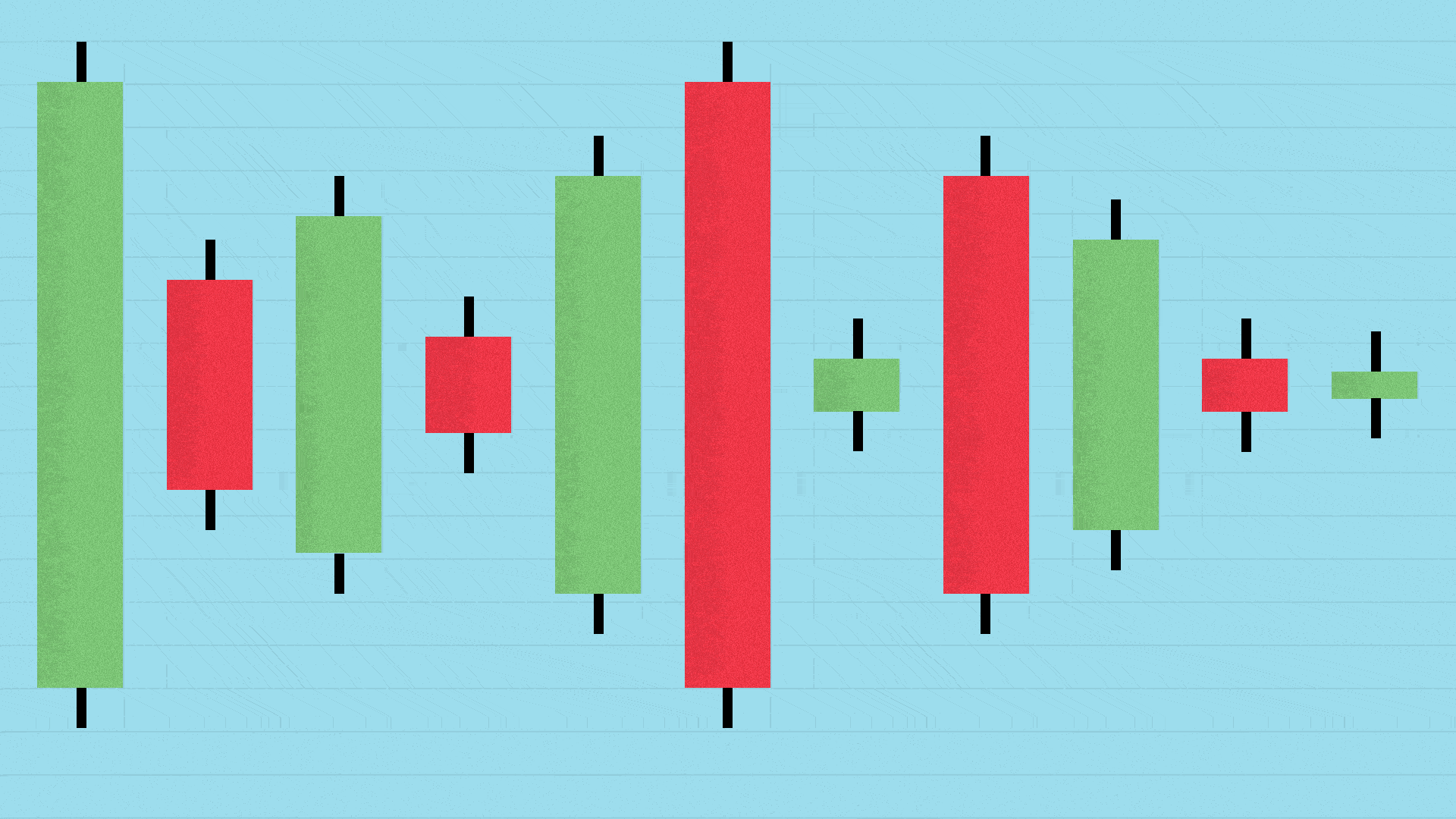
Illustration: Aïda Amer/Axios
Professional investors have largely abandoned the stock market amid the coronavirus pandemic, but sports bettors and bored millennials have jumped into the retail stock trading market with both feet.
Why it matters: They may be a driving force pushing U.S. stocks to their recent highs — and potentially driving them further.
What's happening: Online brokerages have seen a record number of new accounts opened this year, and the big four — E-Trade, TD Ameritrade, Charles Schwab and Interactive Brokers — executed as many trades in March and April as in the whole first half of last year, per public disclosures.
- Equity strategists at Deutsche Bank note there is "plenty of evidence" that new retail investors have been buying since the stock market began to crash and that professional money managers are "now chasing" them.
Between the lines: Robinhood, whose easy-to-use app makes the transition between sports betting and trading seamless, boasts a similar customer base to most sportsbooks, notes Marc Rubinstein in his newsletter, Net Interest.
- "43% of North American men aged 25-34 who watch sports also bet on sports at least once per week, and that's the same group that has flocked to Robinhood," Rubinstein writes.
- "On the basis that their customers love sports betting, there's something meta about DraftKings itself having worked its way into more Robinhood portfolios than practically any other stock over the past month."
The big picture: Sports betting and stock trading aren't all that different. In fact, most online betting platforms are modeled on stock exchanges, and Nasdaq itself provides sportsbooks with technology that was born in the financial markets.
- The comparisons between the two have only increased with the rise of legal sports betting and the surge in mobile stock trading, two activities that cater to the thrill of short-term gains and losses.
- "For a gambler, investing has a ton of similarities," said Barstool Sports founder Dave Portnoy, who has begun streaming his day-trading sessions for an audience that normally consumes sports betting content.
- Barstool also changed its daily gambling radio show from "Picks Central" to "Stocks Central" — further evidence of the crossover between the two.
Meanwhile, most professional investors were sitting on the sidelines.
- Nearly $5 trillion now sits in money market funds, which are effectively savings accounts, the largest total on record and about $1 trillion more than the record high during the global financial crisis.
- In its note to clients, Deutsche strategists add that for "large swathes of the equity market in the U.S. as well as globally ... positioning is still extremely low."
Professionals have also been buying bonds rather than stocks as U.S. equity indexes raced back from their lows over the last two months.
- Data from the Investment Company Institute shows equity funds saw six straight weeks of outflows from the week ending April 22 to the week ending May 27, totaling $78.2 billion. Bond funds, on the other hand, have had seven straight weeks of inflows through May 27, totaling $91.7 billion.
- Professional traders have finally started dipping their toes back into the stock market in June, according to Bank of America's data, which showed $6.2 billion into stocks last week, compared with $32.5 billion into bonds.
- BofA's Bull & Bear indicator rose from its lowest possible level — 0.0 — where it had been since March 25 to move to 0.4 last week, still indicating a paucity of institutional investors buying stocks.
The bottom line: Day trading has replaced sports betting as a form of entertainment for many Americans during the shutdown, and this phenomenon could partly explain the current disconnect between the economy (down) and the stock market (up).
Go deeper: Sports betting stocks are surging despite the lack of live games


No comments:
Post a Comment